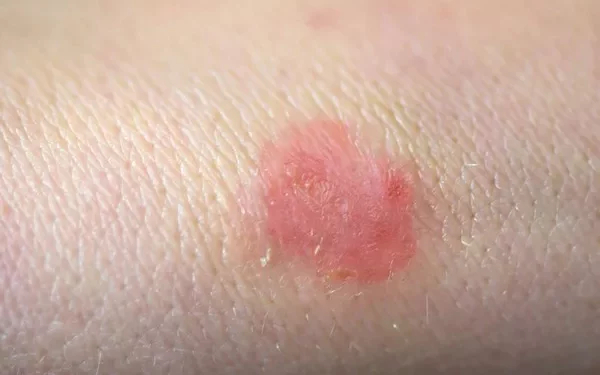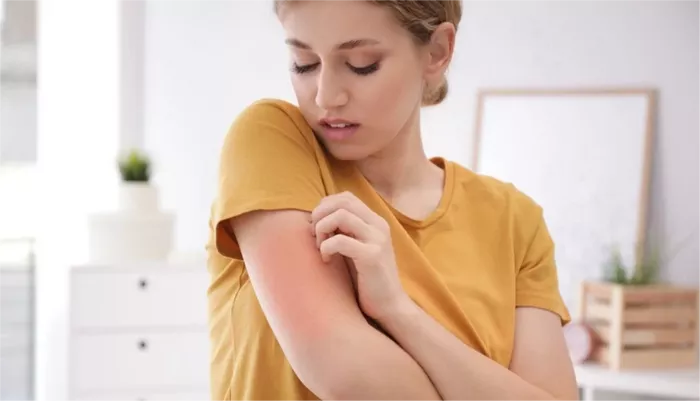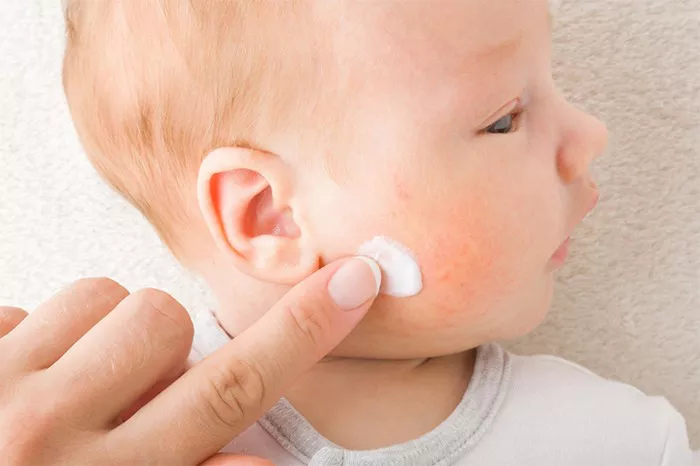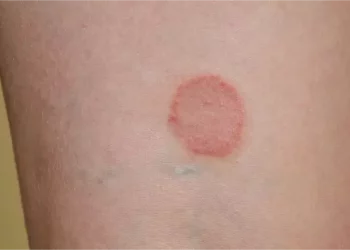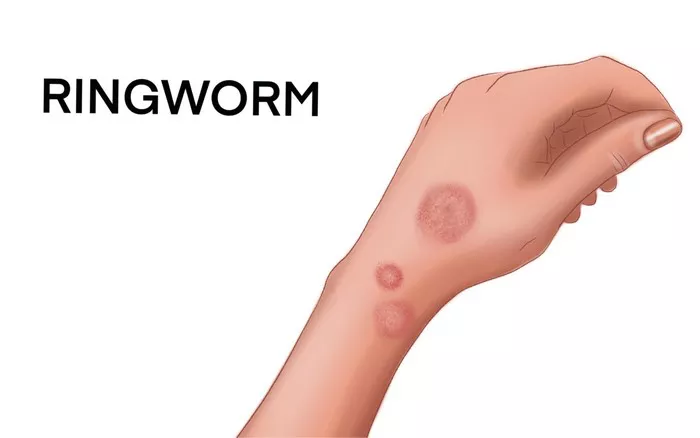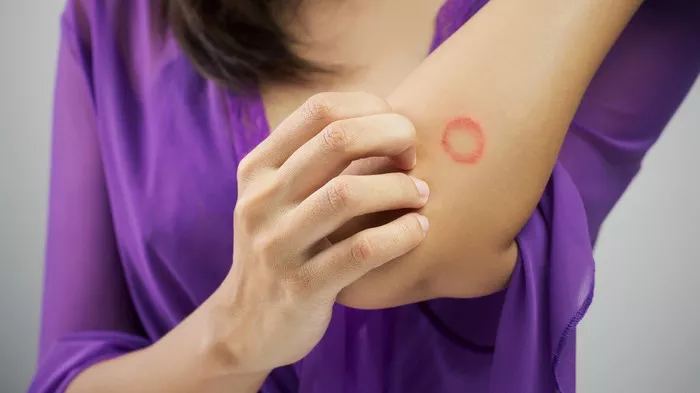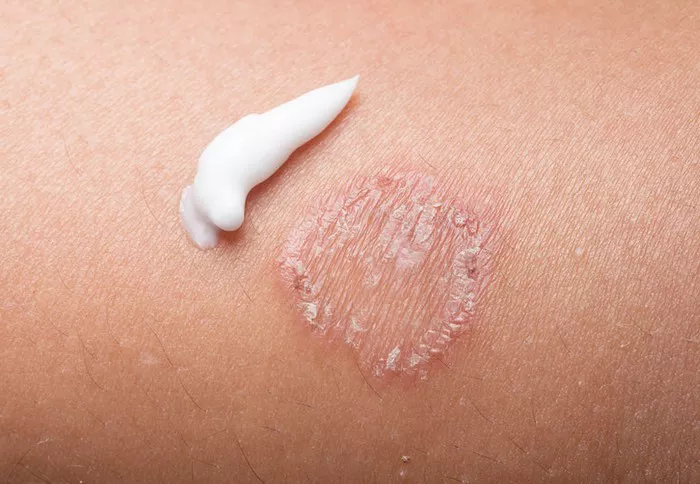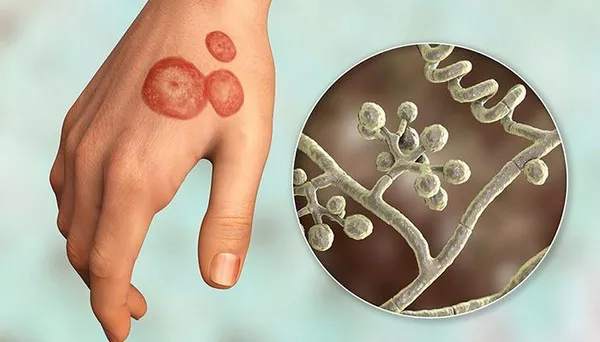Ringworm, despite its name, is not caused by a worm but rather by a fungal infection that can affect the skin, scalp, or nails. Medically known as dermatophytosis, ringworm manifests as red, itchy patches that can be quite uncomfortable and unsightly. While topical treatments are effective for mild cases, more severe or widespread infections may require oral medication. In this article, we will delve into the types of oral medications used to treat ringworm infections, their mechanisms of action, efficacy, potential side effects, and other relevant considerations.
Overview of Ringworm Infections
Before exploring oral treatments, it is essential to understand the nature of ringworm infections. Ringworm is caused by various fungi known as dermatophytes, which thrive on keratin—the protein found in skin, hair, and nails. These fungi can be transmitted through direct contact with an infected person or animal, or indirectly through contaminated surfaces such as floors, towels, or clothing.
The clinical presentation of ringworm can vary depending on the location of the infection:
- Tinea Corporis: This affects the skin of the body, causing circular, red, scaly patches.
- Tinea Capitis: Found on the scalp, this form can lead to hair loss and scaling.
- Tinea Cruris: Commonly known as jock itch, this affects the groin area.
- Tinea Pedis: Also known as athlete’s foot, this affects the feet, particularly between the toes.
- Tinea Unguium: This affects the nails, causing them to become thickened, discolored, and brittle.
Treatment approaches vary based on the location and severity of the infection. While mild cases can often be managed with over-the-counter antifungal creams, oral medications are reserved for more extensive or resistant infections.
Oral Medications for Ringworm
Oral antifungal medications are systemic treatments that work throughout the body to eliminate fungal infections. They are prescribed when topical treatments are ineffective or impractical due to the location or extent of the infection. Oral medications are particularly useful for treating scalp and nail infections, which are often difficult to reach with topical agents.
Types of Oral Antifungal Medications
Several classes of antifungal medications are used to treat ringworm infections. Each class works by targeting different aspects of fungal cell structure or function. The most commonly prescribed oral antifungals include:
1. Azoles: This class of antifungals includes drugs such as fluconazole, itraconazole, and ketoconazole. Azoles work by inhibiting the synthesis of ergosterol, a crucial component of fungal cell membranes. Without ergosterol, fungal cells become leaky and eventually die. Azoles are effective against a wide range of fungal infections, including ringworm.
2. Griseofulvin: Griseofulvin has been used for decades to treat dermatophyte infections. It works by disrupting the mitotic spindle formation in fungal cells, thereby preventing their replication. This medication is particularly useful for treating scalp infections (tinea capitis) in children.
3. Terbinafine: Terbinafine is another oral antifungal that works by inhibiting squalene epoxidase, an enzyme involved in fungal cell membrane synthesis. By disrupting membrane formation, terbinafine causes fungal cells to die off. It is commonly used to treat nail infections (tinea unguium) and is also effective against other dermatophyte infections.
Mechanism of Action
Each class of oral antifungal medication targets specific components or processes within fungal cells:
- Azoles: Inhibit ergosterol synthesis, leading to membrane dysfunction.
- Griseofulvin: Disrupts fungal cell division by affecting microtubule function.
- Terbinafine: Blocks an enzyme involved in fungal cell membrane synthesis, leading to cell death.
By disrupting these essential processes, oral antifungals effectively eradicate fungal infections, allowing affected tissues to heal and regenerate.
Efficacy and Treatment Duration
The efficacy of oral antifungal medications in treating ringworm infections is well-established. Clinical studies have shown high cure rates for most types of dermatophyte infections when treated with appropriate oral antifungal therapy. The choice of medication and treatment duration depend on several factors, including the type and location of the infection, the patient’s age and overall health, and the severity of the infection.
For instance, tinea capitis often requires several weeks of treatment with griseofulvin or terbinafine to completely eradicate the infection. On the other hand, nail infections (tinea unguium) may necessitate months of treatment with terbinafine to ensure the infection is fully resolved.
Administration and Dosage
Oral antifungal medications are typically taken once daily with food to enhance absorption and minimize gastrointestinal side effects. The dosage and duration of treatment are prescribed based on the specific fungal infection being treated and the patient’s individual response to therapy. It is crucial for patients to adhere strictly to the prescribed regimen to achieve optimal outcomes.
SEE ALSO: What Are the Long Term Effects of Ringworm
Side Effects and Considerations
While oral antifungal medications are generally safe and effective, they can cause side effects in some individuals. Common side effects may include:
1. Gastrointestinal Disturbances: Nausea, vomiting, abdominal pain, and diarrhea are among the most frequently reported side effects. Taking the medication with food can help alleviate these symptoms.
2. Liver Function Abnormalities: Some oral antifungals, such as ketoconazole and itraconazole, have been associated with liver toxicity. Regular monitoring of liver function tests may be necessary during treatment.
3. Skin Reactions: Rash, itching, and photosensitivity reactions have been reported with certain oral antifungals.
Patients with pre-existing liver disease or other significant medical conditions may require closer monitoring or alternative treatments. It is essential for healthcare providers to conduct a thorough medical history and assess for potential drug interactions before initiating oral antifungal therapy.
Special Considerations for Specific Populations
Certain populations may require special considerations when using oral antifungal medications:
1. Pregnant Women: The safety of oral antifungal medications during pregnancy has not been extensively studied. In general, topical treatments are preferred whenever possible to minimize systemic exposure.
2. Children: Dosage adjustments may be necessary based on the child’s weight and age. Griseofulvin is commonly used to treat tinea capitis in children, whereas terbinafine may be preferred for nail infections.
3. Elderly Patients: Older adults may be more susceptible to drug interactions and adverse effects. Close monitoring for side effects is particularly important in this population.
Conclusion
Oral antifungal medications play a crucial role in the management of moderate to severe ringworm infections. By targeting the underlying fungal pathogens systemically, these medications effectively eradicate infections and promote healing of affected tissues. However, they are not without risks, and healthcare providers must carefully weigh the benefits and potential side effects when prescribing oral antifungal therapy.
Advances in antifungal drug development continue to expand treatment options and improve outcomes for patients with ringworm infections. By understanding the mechanisms of action, potential side effects, and appropriate use of oral antifungal medications, healthcare providers can optimize treatment strategies and provide comprehensive care to patients affected by this common fungal infection.
Related Topics:

